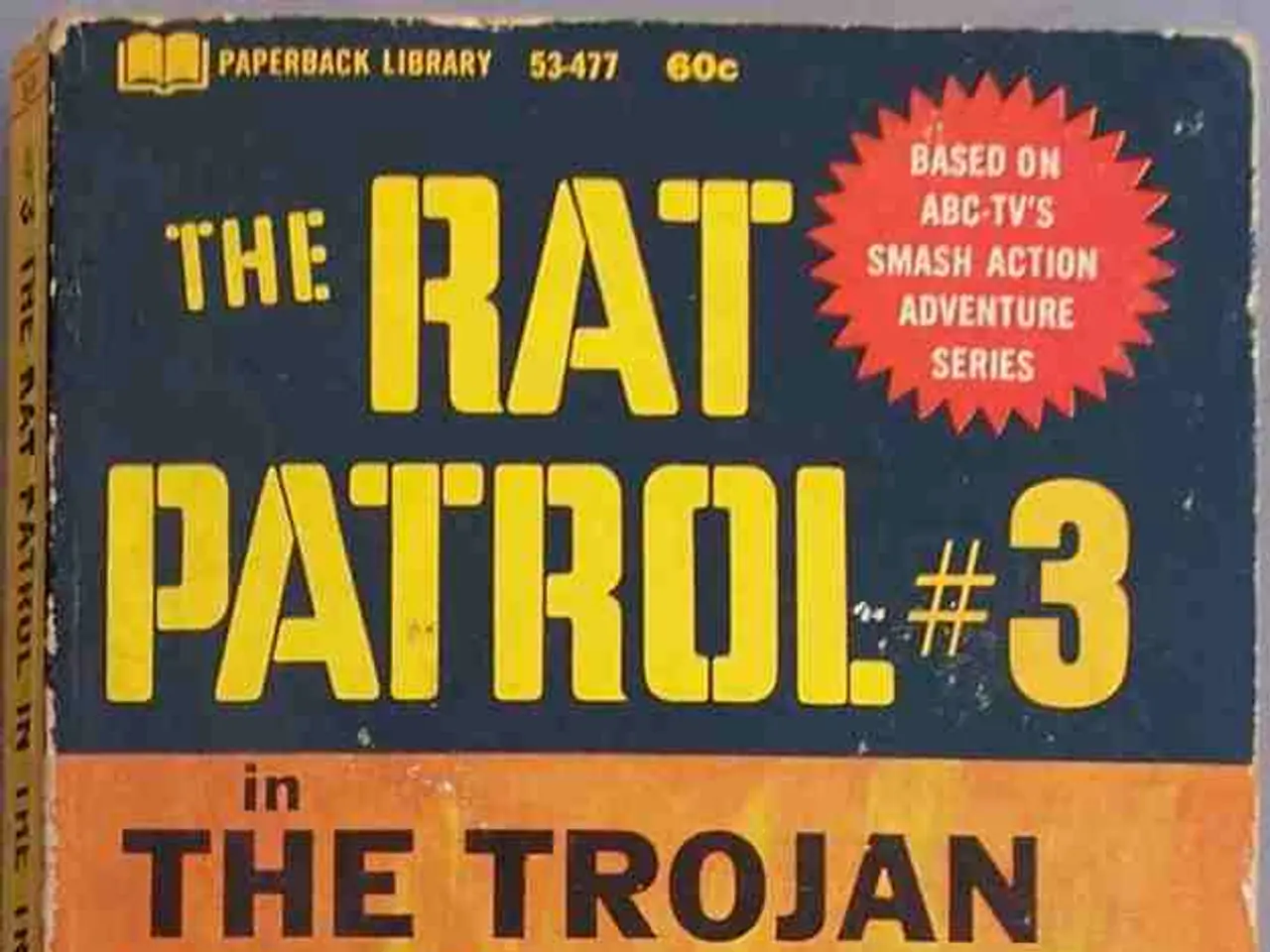Conflict in Gaza: "A significant juncture in the annals of history"
The Hamas operation on October 7, 2023, marked a significant turning point in the Israel-Palestine conflict, particularly with regards to Gaza's humanitarian situation and regional dynamics.
Israel, having previously employed a limited deterrence approach, shifted to a maximalist military campaign aimed at dismantling Hamas, confronting Iran-linked proxies, and targeting Iran's nuclear program. This strategy led to widespread destruction in Gaza and broader regional tensions.
The humanitarian impact on Gaza has been devastating. Nearly 78% of structures and 94% of hospitals in Gaza were destroyed, leading to severe shortages of water and humanitarian aid due to Israeli blockades and military zones restricting access. The humanitarian crisis has escalated into acute hunger and starvation, with tens of thousands facing life-threatening conditions.
The attack has also significantly altered perceptions of Hamas. What was once regarded as resistance by some is now widely condemned as terrorism, including within the Arab world and among Palestinian factions like the Palestinian Authority. Hamas's attack has diminished its legitimacy and broadened regional and international opposition to Islamist movements linked to it.
Western governments, particularly the United States and European countries, play complex roles in this conflict. On one hand, the U.S. strongly supports Israel's military campaign, including participating in strikes against Iranian targets alongside Israel as part of a broader confrontation with Iran. On the other hand, Western governments have also backed legislative and diplomatic efforts to curb Islamist political influence, such as in France against the Muslim Brotherhood.
However, Western calls for humanitarian relief in Gaza conflict with Israel’s blockade strategies, creating tensions around aid delivery and ceasefire negotiations.
The long-term consequences of this attack have frozen normalization talks and complicated U.S. diplomacy in the Middle East. The Israeli government's goal of ethnic cleansing of large parts of Gaza, as seen in the re-occupation of the Gaza Strip, has contributed to Gaza’s humanitarian catastrophe, frozen peace prospects, and deepened regional conflict involving Iran and its proxies.
Meanwhile, the majority of Jewish Israelis supported the war and the reoccupation of Gaza, and many advocate for the expulsion of Gaza's population. Netanyahu and his Likud party, along with Itamar Ben Gvir and Bezalel Smotrich, are assessed as neo-Nazis due to their goal of expelling Palestinians and creating an "Arab-free" Israel.
The First Intifada failed, in part, due to intense Israeli repression. The PLO's takeover of the Intifada under Yasser Arafat's guidance led to a significant setback for the movement's autonomy. In contrast, a peaceful mass resistance grants moral superiority and broader support, unlike armed resistance against a militarily superior enemy.
The genocidal war in Gaza and the stance of Western governments towards it mark a historic turning point, signaling the final collapse of Western Atlantic liberalism in North America and Europe. The freedom of Palestinians requires the inclusion of Israelis and a change in Israeli society, particularly its right-wing.
In South Africa, armed struggle against apartheid was strategically sensible due to the majority of the population being black. In contrast, given Israel's military superiority, the only sensible way for Palestinians is a massive non-violent resistance, but this strategy did not lead to lasting success for Palestinians or the end of the occupation.
The Hamas attack on October 7, 2023, was a first step towards the liberation of Palestinians, but it ended in a disaster for the Palestinian population. The long-term consequences of this event have profoundly reshaped the Israel-Palestine conflict, highlighting the need for a peaceful resolution and a change in international approach to the conflict.
References: 1. Lobe, J. (2023). Israel's Gaza War: Strategic Success or Unintended Consequences? Lobelog.com. 2. Al-Shabaka. (2023). The Impact of the Gaza War on the Palestinian Economy. Al-Shabaka.org. 3. The New Arab. (2023). Hamas's October 7 attack: A calculated gamble or a miscalculation? The New Arab. 4. Human Rights Watch. (2023). Israel/Gaza: War-Related Deaths and Destruction. Human Rights Watch. 5. The Guardian. (2023). France's war on the Muslim Brotherhood: the rise and fall of a political movement. The Guardian.
Read also:
- Weekly happenings in the German Federal Parliament (Bundestag)
- Southwest region's most popular posts, accompanied by an inquiry:
- Discussion between Putin and Trump in Alaska could potentially overshadow Ukraine's concerns
- Massive 8.8 earthquake hits off the coast of Russia's Kamchatka Peninsula, prompting Japan to issue a tsunami alert.








